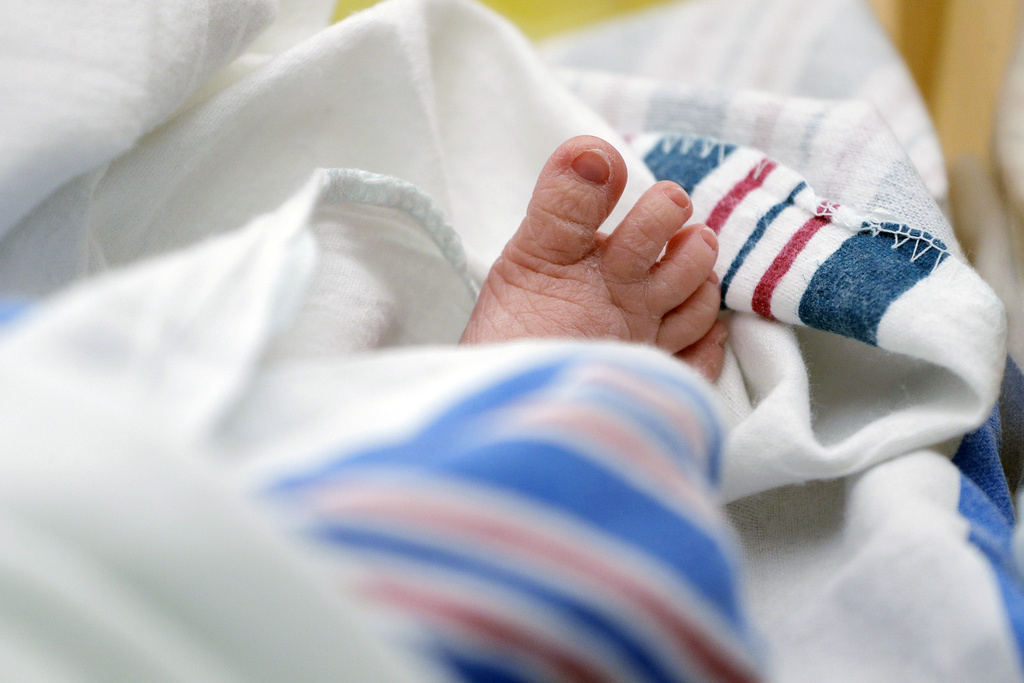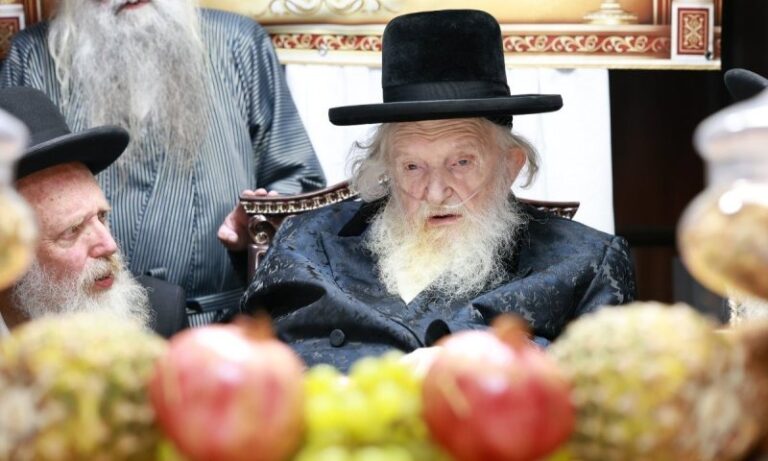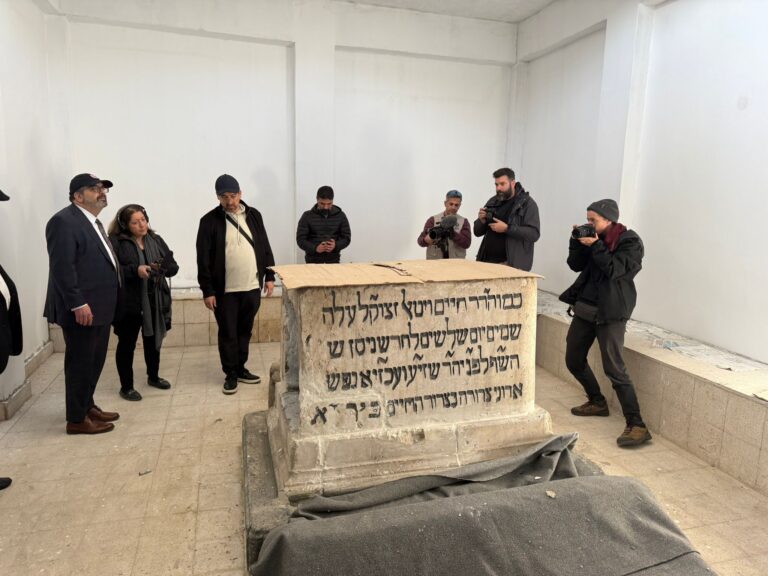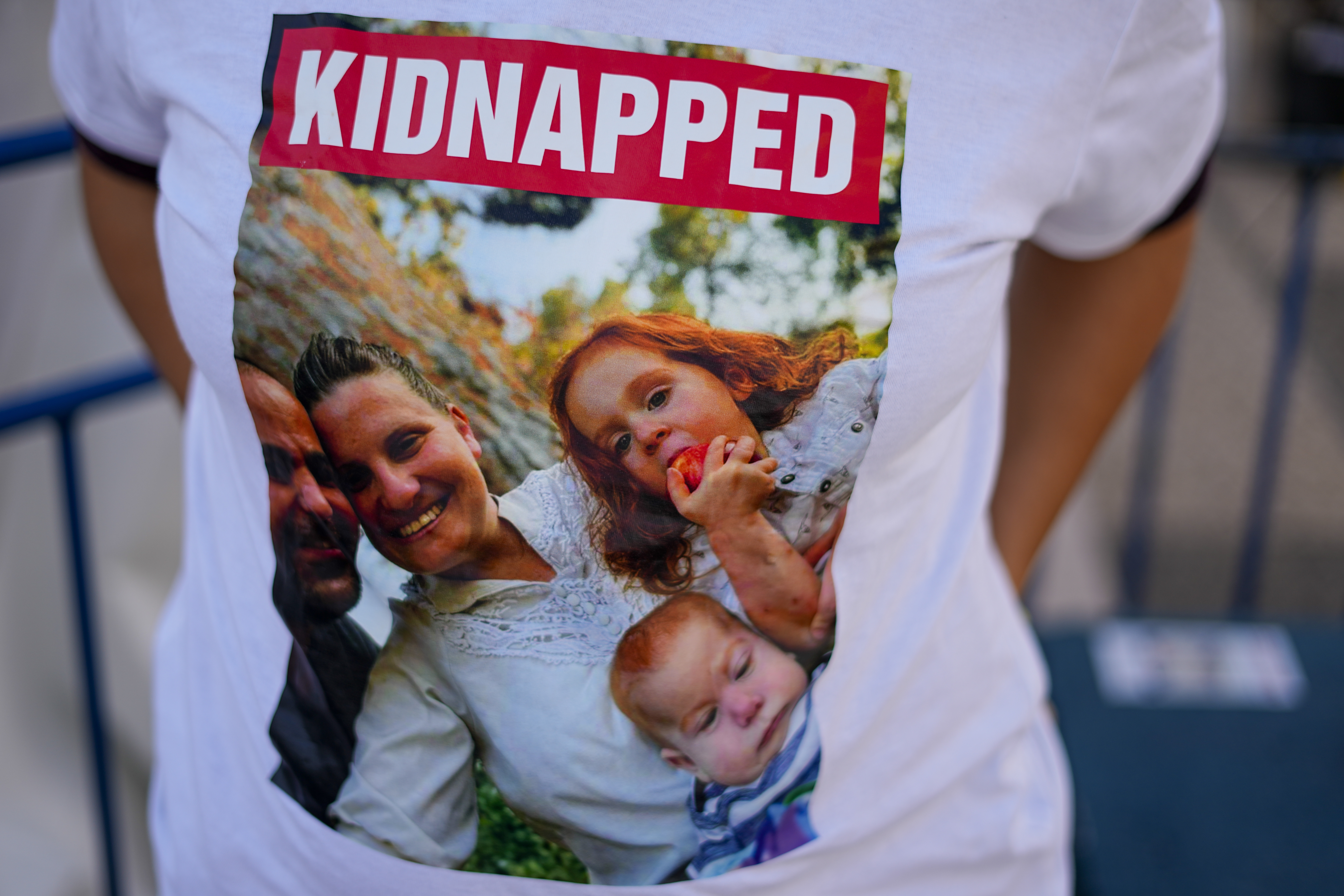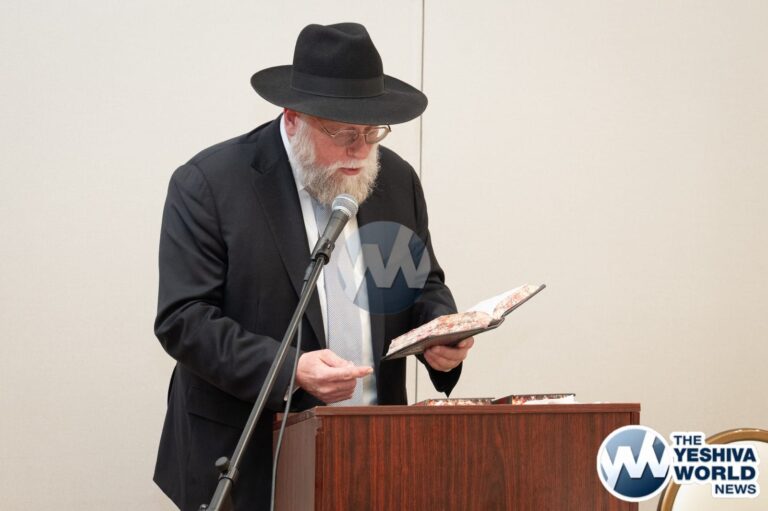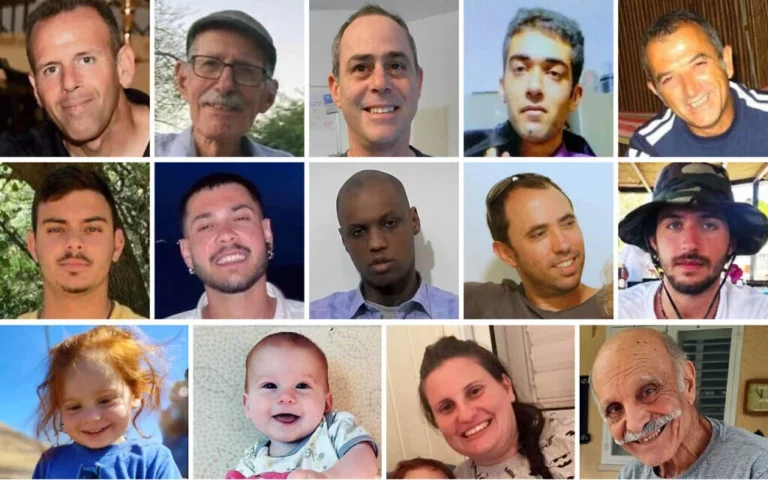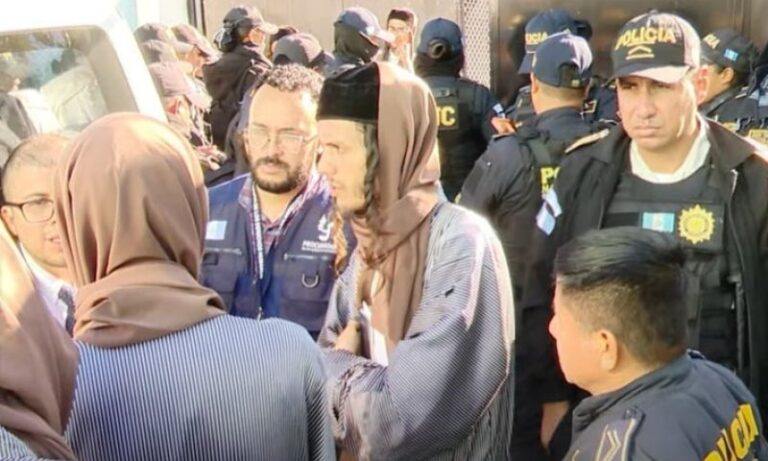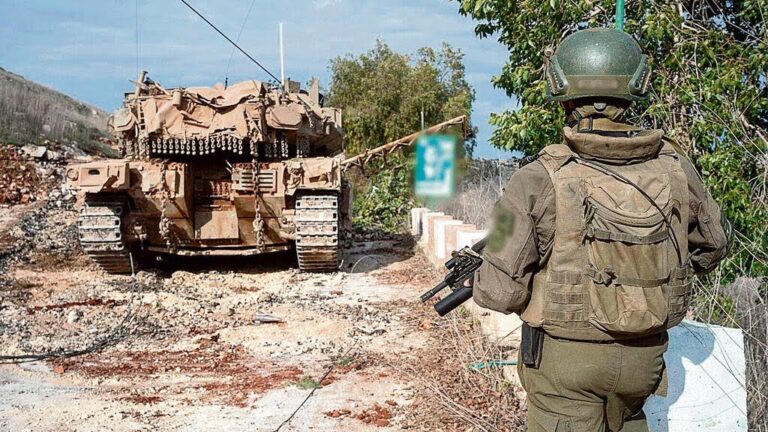 The charges handed down against three former allies of Gov. Chris Christie in the George Washington Bridge traffic scandal provide mixed news for the Republican governor as he tries to regain momentum in support of an expected presidential bid.
The charges handed down against three former allies of Gov. Chris Christie in the George Washington Bridge traffic scandal provide mixed news for the Republican governor as he tries to regain momentum in support of an expected presidential bid.
Christie appears to have been cleared of any allegations that he personally participated in a scheme to shut down access lanes to the George Washington Bridge in September 2013. But the charges brought by the U.S. Attorney’s Office in New Jersey still hit close to home: His former deputy chief of staff, Bridget Kelly, and his former top appointee to the authority that controls the bridge, Bill Baroni, have both been indicted. David Wildstein, another ally, pleaded guilty to two counts of conspiracy.
The charges also return focus to a famously bruising political style associated with Christie’s administration. The documents unveiled Friday paint the trio as vindictive and petty bullies who plotted — and then covered up — a scheme to gridlock the town of Fort Lee to punish its Democratic mayor for not endorsing Christie’s re-election bid.
State Assemblyman John Wisniewski, a Democrat and co-chairman of a legislative committee investigating the scandal, said that with Wildstein’s guilty plea, “the people of New Jersey have more reason to be skeptical of Gov. Christie’s leadership style built upon bullying and retaliation.”
Christie’s aides and backers hope the developments will allow the governor to put this chapter behind him less than a year before the first presidential primaries, even as legal proceedings have just begun. In many ways, the outcome was the best he could have hoped for — little new information and no names mentioned beyond those Christie had already cut ties to.
“Today’s charges make clear that what I’ve said from day one is true, I had no knowledge or involvement in the planning or execution of this act,” Christie said in statement. “The moment I first learned of this unacceptable behavior I took action, firing staff believed to be accountable, calling for an outside investigation and agreeing to fully cooperate with all appropriate investigations, which I have done.”
In early voting states, Republican strategists and activists largely shrugged off the latest step in the scandal.
“Nobody’s paying any attention in New Hampshire,” said Steve Duprey, a Republican national committeeman who was a top adviser to John McCain’s 2008 presidential bid. “I think everyone’s accepted the governor’s explanation and, barring a bombshell that contradicts what he’s said in the past, people want to hear what he’d want to do as president.”
Fergus Cullen, a former chair of the state’s Republican Party, said he thought it was unlikely that the perceptions of most New Hampshire voters would change.
“People have already made up their minds as to whether they think it’s a deal or not,” Cullen said. “I don’t think it’s going to harm his ability to compete and to win here at all.”
But Iowa’s Pete Rogers, chair of the Marshall County Republicans, said the developments in the case had not helped Christie in the leadoff caucus state.
“I would say, personally, Iowa likes its politics a little cleaner than what one expects from Chicago or the East Coast,” said Rogers, who doesn’t think Christie will have much traction in Iowa.
In Durham, New Hampshire, Diane Cole, 53, who attended Christie’s town hall meeting at Shooters Pub during his visit to the state last month, said the day’s events were “good news” for Christie, whom she’d never thought had been involved in the bridge scheme.
Cole, who lived in New Jersey in the 1980s, described the trio’s alleged actions as “a very Jersey mentality move,” but she said it didn’t rock her support for the governor.
“I think it’s very unfortunate, but I think it speaks volumes about their passion and their belief in him,” she said.
(AP)


